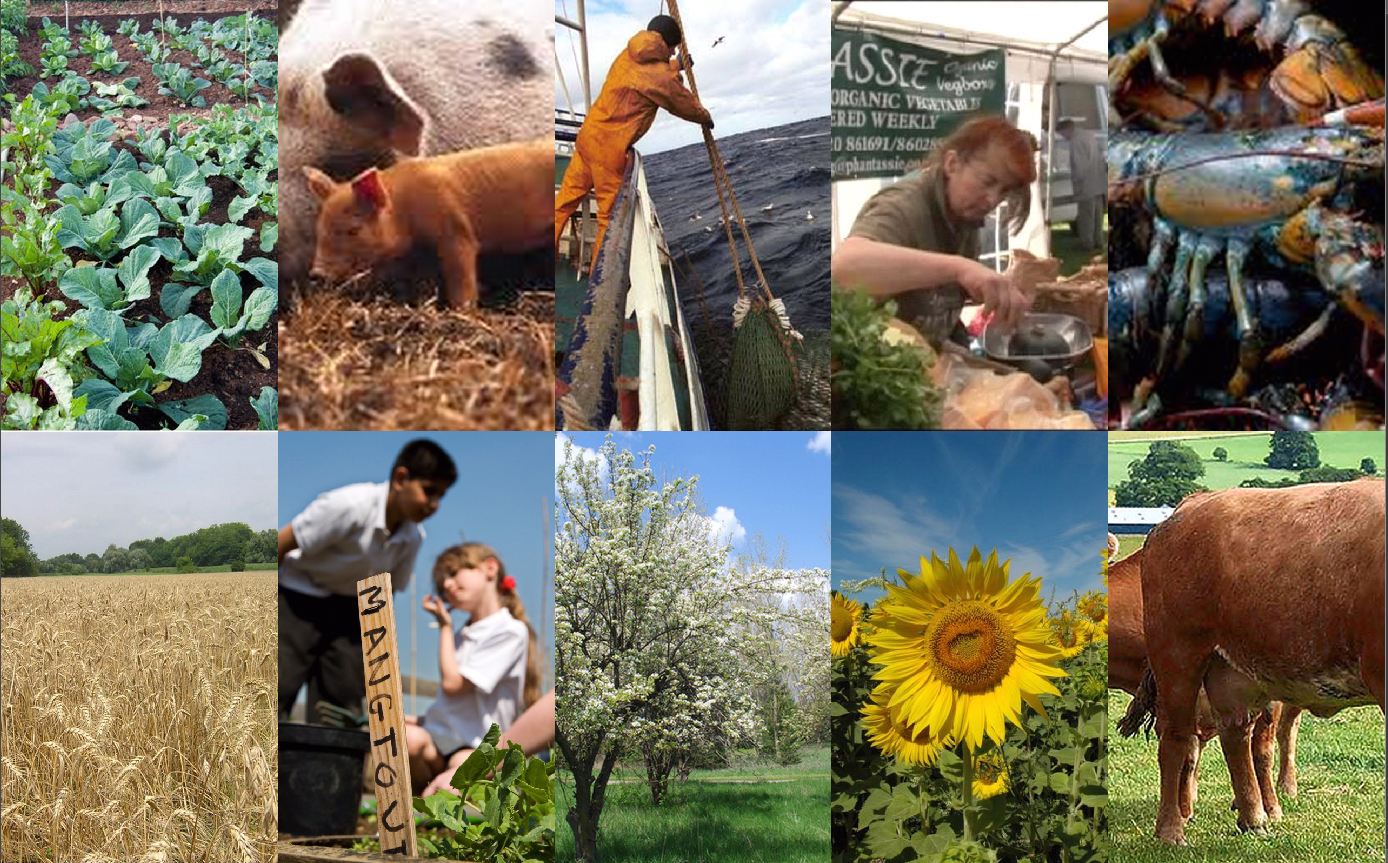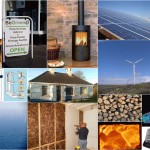How will we feed ourselves in 2025? What changes will we have made to local agriculture and food processing and distribution to ensure a local food supply which uses 50% less fossil fuels and is resilient enough to make sure that we don’t go hungry after flash floods or a long drought or after an oil price spike disrupts supermarket delivery systems?
In 2025, we want to ensure that anyone can access land to grow some of their own food. There will be a change to smaller scale mixed farming which is primarily concerned with supplying food to local markets. Local procurement policies and farmers’ markets along with local processing facilities such as a slaughterhouse, a flour mill and dairy will be in place. There will be a diversity of food growing enterprises including Community Supported Agriculture schemes, market gardens and community orchards. Soil fertility will be increasing with an expansion of organic methods and the local recycling of nutrients from animal wastes, crop residues and local food waste. Farms will be becoming self-sufficient in terms of energy with machinery powered by renewable energy and through use of animal traction. Local fisheries will sustainable and providing for local needs.


